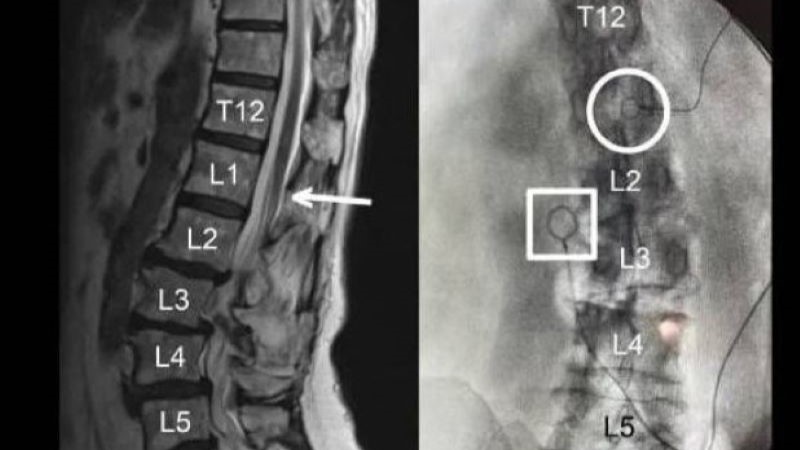
A study assessed the prevalence of new 90-day cardiac events, 90-day mortality, 90-day unplanned readmissions, and 30-day emergency department (ED) visits following total joint arthroplasty (TJA) in patients with a history of a cardiac implantable electronic device (CIED) versus those without a CIED.
The study authors queried Kaiser Permanente’s Cardiac Device and Total Joint Replacement Registries for TJAs performed to treat osteoarthritis, yielding 365 matched pairs of TJAs with a CIED and TJAs without a CIED. They employed a McNemar test to assess categorical outcomes.
In the TJA with CIED cohort, 24 cardiac events (6.6%), one death (0.3%), 30 readmissions (8.2%), and 39 ED visits (10.7%) were reported. The CIED group was more likely to sustain cardiac events than the non-CIED group (odds ratio [OR], 3.14; 95% confidence interval [CI], 1.28-8.08). There were no significant differences in CIED compared with non-CIED in mortality (OR, 0.50; 95% CI, 0.02-6.98), readmissions (OR, 1.26; 95% CI, 0.71-2.25), or ED visits (OR, 1.15; 95% CI, 0.71-1.88).
“In our matched cohort study, TJA patients with a history of a CIED had a higher likelihood of incident 90-day cardiac events when compared with patients without a CIED without a difference observed for 90-day mortality, unplanned readmission, and 30-day ED visit,” the study authors concluded.







 © 2025 Mashup Media, LLC, a Formedics Property. All Rights Reserved.
© 2025 Mashup Media, LLC, a Formedics Property. All Rights Reserved.